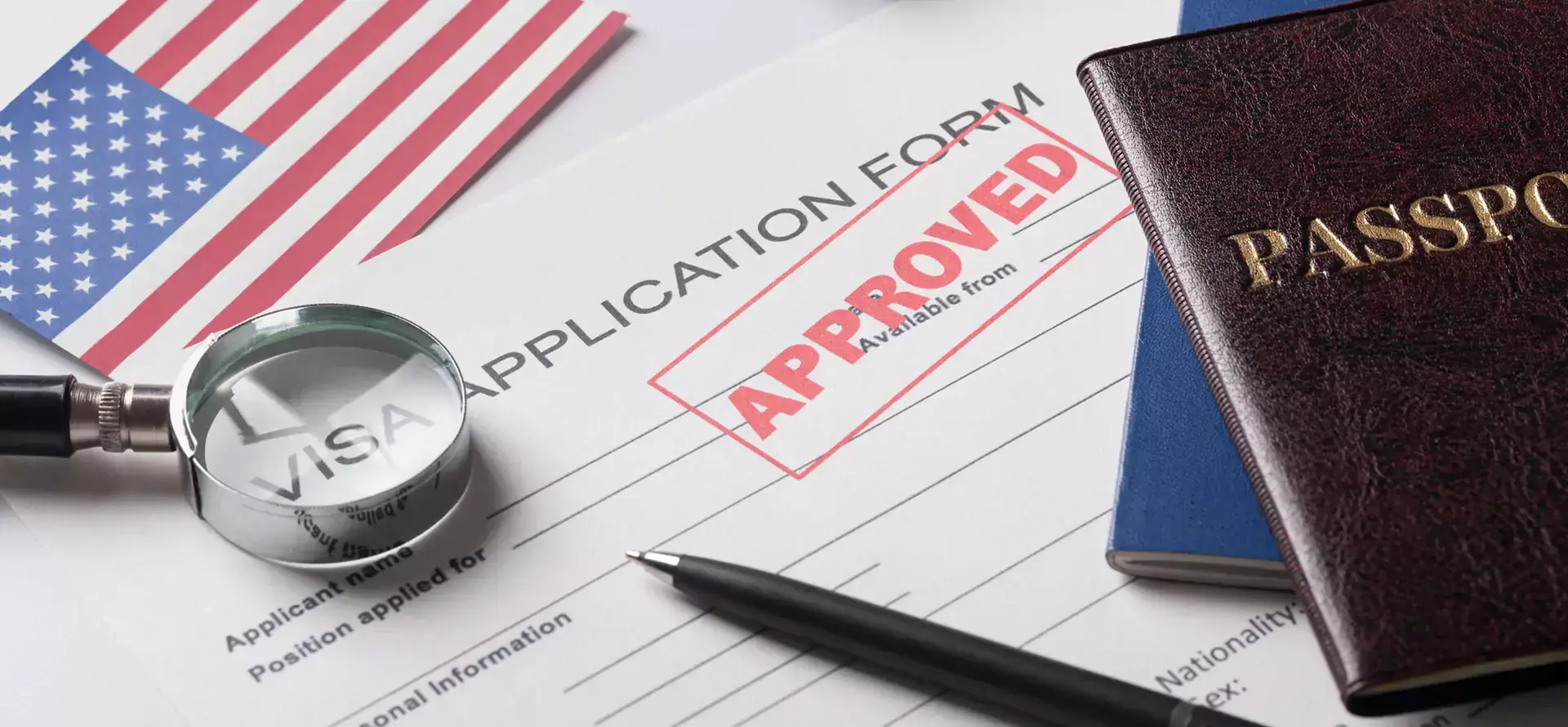-1.png?width=1024&name=Blog%20images%20(3)-1.png)
Immigration issues have been dominating the news with increasing frequency, leading to a heightened awareness of the various statuses. While most people understand the difference between a student or tourist visa and an H1B or EB-5, there continues to be some confusion over permanent residency vs. citizenship. While both immigration categories allow you to stay in the U.S. indefinitely, what are the principal differences between them.? In this blog, the team at Pollak, PLLC addresses this question.
What Is A Lawful Permanent Resident?
Obtaining legal permanent residence status, also known as a green card, is the first step towards citizenship for many newcomers. Typically, they become permanent residents because they have been sponsored by a family member or employer, gained asylum or refugee status, won a visa lottery, or qualified under another recognized category.
If permanent residents pass the required tests, demonstrate continuous residency in the United States, show good moral character throughout their residency, and are not convicted of a deportable offense, they can apply for citizenship after five years (three if they are married to a U.S. citizen). Upon receiving a green card, those who served honorably in the US Armed Forces for at least one year are eligible to apply for citizenship.
While permanent residents are not citizens, they enjoy privileges not available to nonimmigrant visa holders, such as:
- An ability to petition for immediate family members to join them (spouses and minor and adult children)
- Social Security, SSI, and Medicare eligibility
- Obtaining student loans from the government
- Ability to exit the U.S. without risk of being denied re-entry
Permanent residents, however, are subject to certain restrictions that do not apply to citizens:
- They are not eligible to vote.
- They are not eligible for U.S. passports.
- When they apply for their spouses and children to join them, visa quotas apply. Furthermore, extended family members, such as parents and siblings, cannot join them.
- They could lose their residency status if they spend a year outside of the country.
What Is A U.S. Citizen?
A person becomes a U.S. citizen through birth or naturalization. You are eligible for derived citizenship if you were born abroad but your parents were citizens at the time or you were living in the United States as a child when your parents naturalized.
Among the benefits and privileges of becoming a U.S. citizen are:
- You can apply for a U.S. passport.
- You can sponsor family members to join you without being subject to a visa quota.
- You are eligible for federal employee benefits if you work for the government.
- You can vote and run for public office.
- It is not possible to deport you (unless you committed fraud during your naturalization process).
Questions? Contact Our Immigration Attorneys
If you hold a green card and would like to become a U.S. citizen, Pollak, PLLC can guide and represent you throughout the naturalization process. As immigration lawyers representing people in Texas, across the nation and worldwide, it is our privilege to help you and your family address any legal challenges and make the most of the world-renowned opportunities that life in the United States has to offer. To schedule a confidential consultation, call our office at 214-919-5250 today.

.png)


